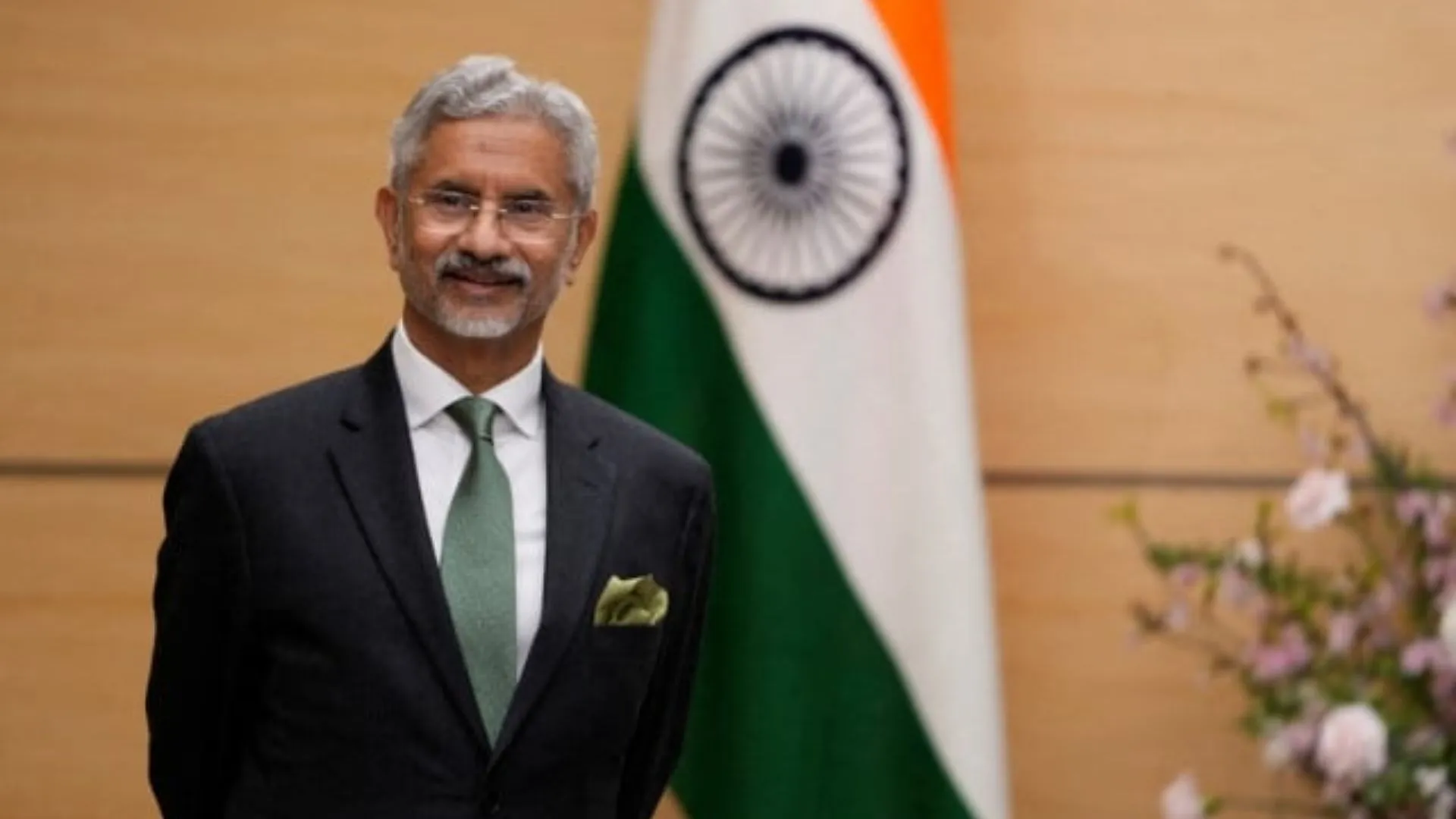On Wednesday, the U.S. Department of Justice leveled money-laundering charges against two employees of RT, the Russian state media network. This move has sparked a strong backlash from Russian officials who argue that the action infringes upon freedom of speech.
Allegations and Charges
The U.S. alleges that the RT employees orchestrated a scheme involving shell companies and fictitious identities to funnel $10 million to a Tennessee-based firm. This company was reportedly tasked with producing online content designed to deepen political rifts in the United States ahead of the upcoming presidential election.
In addition to the charges, the U.S. Treasury and State Departments imposed sanctions on RT, targeting prominent figures including RT’s chief editor, Margarita Simonyan. Officials assert that Russia’s intentions are to exacerbate political divisions in the U.S. and undermine support for American aid to Ukraine.
READ MORE: Four Dead, Nine Injured In Mass Shooting at Apalachee High School, Georgia
Russian Reactions
Russian lawmakers have vehemently criticized the U.S. actions. Konstantin Kosachev, Deputy Chairman of the Federation Council, condemned the sanctions as an attempt to suppress alternative viewpoints. Speaking to RIA news agency, Kosachev argued, “Russian media have gained increasing popularity and demand. The U.S. authorities’ extreme reaction contradicts the principles of free speech and journalist rights.”
Leonid Slutsky, Chairman of the State Duma’s Foreign Affairs Committee, labeled the sanctions a “witch-hunt” and a form of “vulgar censorship.” He accused the U.S. of attacking those who expose the policies of contemporary neo-colonialists, branding the move as a battle against truth.
The Kremlin has not yet issued a formal response to the sanctions. However, Russian officials have consistently denied any interference in U.S. elections. Kremlin spokesperson Dmitry Peskov dismissed U.S. intelligence reports suggesting Russian meddling as absurd, claiming that U.S. spies are intent on portraying Russia as an adversary.
Previous U.S.-Russia Tensions
This recent development is part of a broader pattern of tension between the U.S. and Russia. U.S. intelligence agencies have previously reported Russian attempts to influence the 2016 and 2020 U.S. elections. In response, Russian officials have often countered these claims by accusing the U.S. of interfering in Russian affairs.
Maria Butina, a Russian lawmaker who previously served 15 months in a U.S. prison for acting as an unregistered foreign agent, dismissed allegations of election interference as “nonsense.” She suggested that the real winner of the U.S. election would be the U.S. military-industrial complex, regardless of the outcome. “The U.S. claims are pure rubbish and a witch hunt,” she stated.
Looking Ahead
As the U.S. and Russia navigate these escalating tensions, the situation remains fluid. The Kremlin’s stance and responses to the ongoing sanctions will likely influence future diplomatic interactions between the two nations. Despite the heated rhetoric, the Kremlin remains skeptical of any potential improvement in relations with Washington, even under a new U.S. administration.
ALSO READ: Trudeau-Singh Power-Sharing Deal Falls Apart, Early Election Likely


















